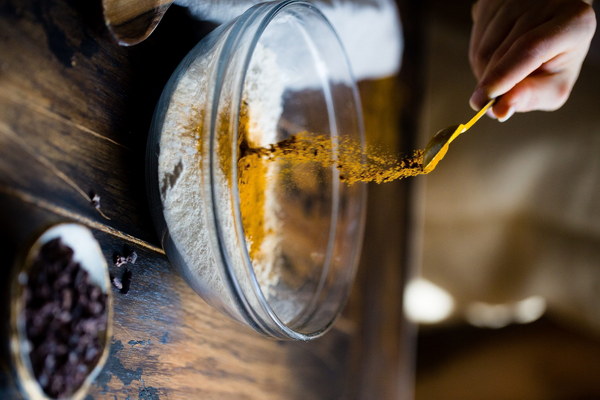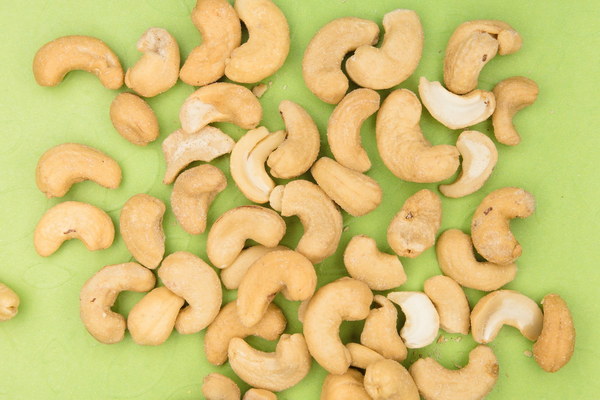Managing Mild Pneumothorax Natural Remedies and Lifestyle Adjustments for Body Healing
Mild pneumothorax, a condition characterized by a small amount of air in the space between the lung and chest wall, can be quite unsettling. While it's often a treatable condition, it can also impact your daily life. The good news is that there are various natural remedies and lifestyle adjustments that can help your body heal from mild pneumothorax. In this article, we'll discuss some of these strategies to help you manage this condition effectively.
1. Breathing Exercises
Breathing exercises are crucial for managing mild pneumothorax. These exercises can help improve lung capacity, strengthen respiratory muscles, and enhance oxygenation. Here are some exercises to try:
a. Pursed Lip Breathing: Inhale deeply through your nose and exhale slowly through pursed lips. This technique helps keep your airways open and ensures that you're breathing deeply.
b. Diaphragmatic Breathing: Lie down on your back and place one hand on your chest and the other on your abdomen. Inhale slowly and deeply, allowing your abdomen to rise, and exhale slowly through pursed lips. This exercise focuses on engaging the diaphragm.

c. Fluttering: Inhale deeply through your nose, then exhale quickly and repeatedly through pursed lips. This exercise helps clear out trapped air in the lungs.
2. Rest and Avoid Straining
Rest is essential for healing from mild pneumothorax. Avoid strenuous activities, heavy lifting, and straining. Your body needs time to recover, and pushing yourself too hard can worsen the condition.
3. Hydration
Staying hydrated is important for overall health and can help with healing. Drink plenty of water throughout the day, and consider herbal teas that may help with relaxation and respiratory health.
4. Nutrition
A well-balanced diet can support your body's healing process. Incorporate these nutrients into your diet:
a. Vitamin C: Found in citrus fruits, berries, and bell peppers, vitamin C helps with collagen synthesis, which is important for lung tissue repair.
b. Vitamin D: Found in fatty fish, eggs, and fortified foods, vitamin D is essential for immune function and can help prevent respiratory infections.
c. Omega-3 Fatty Acids: Found in fish, flaxseeds, and walnuts, omega-3s can reduce inflammation and support lung health.
d. Antioxidants: Found in fruits, vegetables, and nuts, antioxidants help protect your body from oxidative stress and support healing.
5. Mind-Body Practices
Mind-body practices such as yoga, meditation, and tai chi can help reduce stress and improve overall well-being. These practices can also enhance lung function and promote relaxation.
6. Avoid Smoking and Secondhand Smoke
Smoking and secondhand smoke can exacerbate respiratory issues and hinder healing. Quitting smoking is one of the best ways to support your body's recovery from mild pneumothorax.
7. Consult with Your Healthcare Provider
Before making any significant changes to your lifestyle or diet, consult with your healthcare provider. They can offer personalized advice and ensure that your treatment plan is appropriate for your specific needs.
In conclusion, managing mild pneumothorax involves a combination of breathing exercises, rest, hydration, nutrition, and stress management. By incorporating these natural remedies and lifestyle adjustments, you can support your body's healing process and improve your quality of life. Remember to consult with your healthcare provider for personalized guidance and treatment recommendations.









